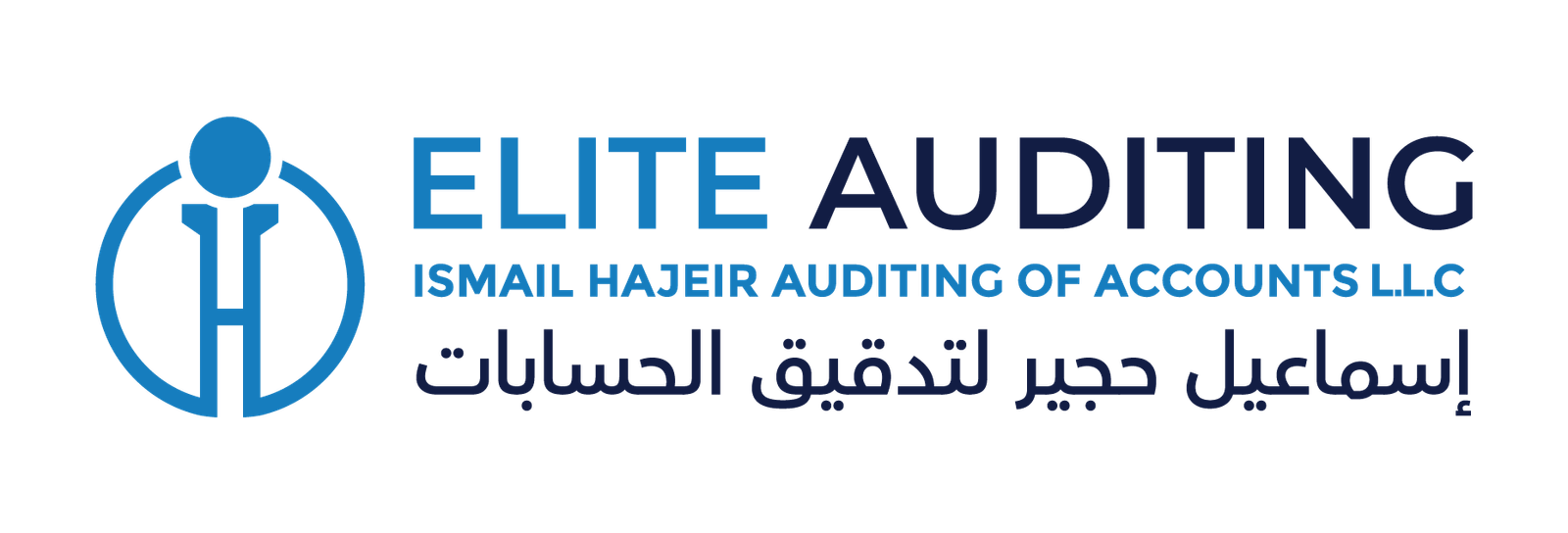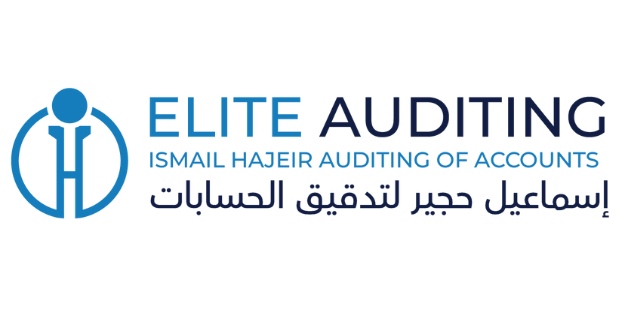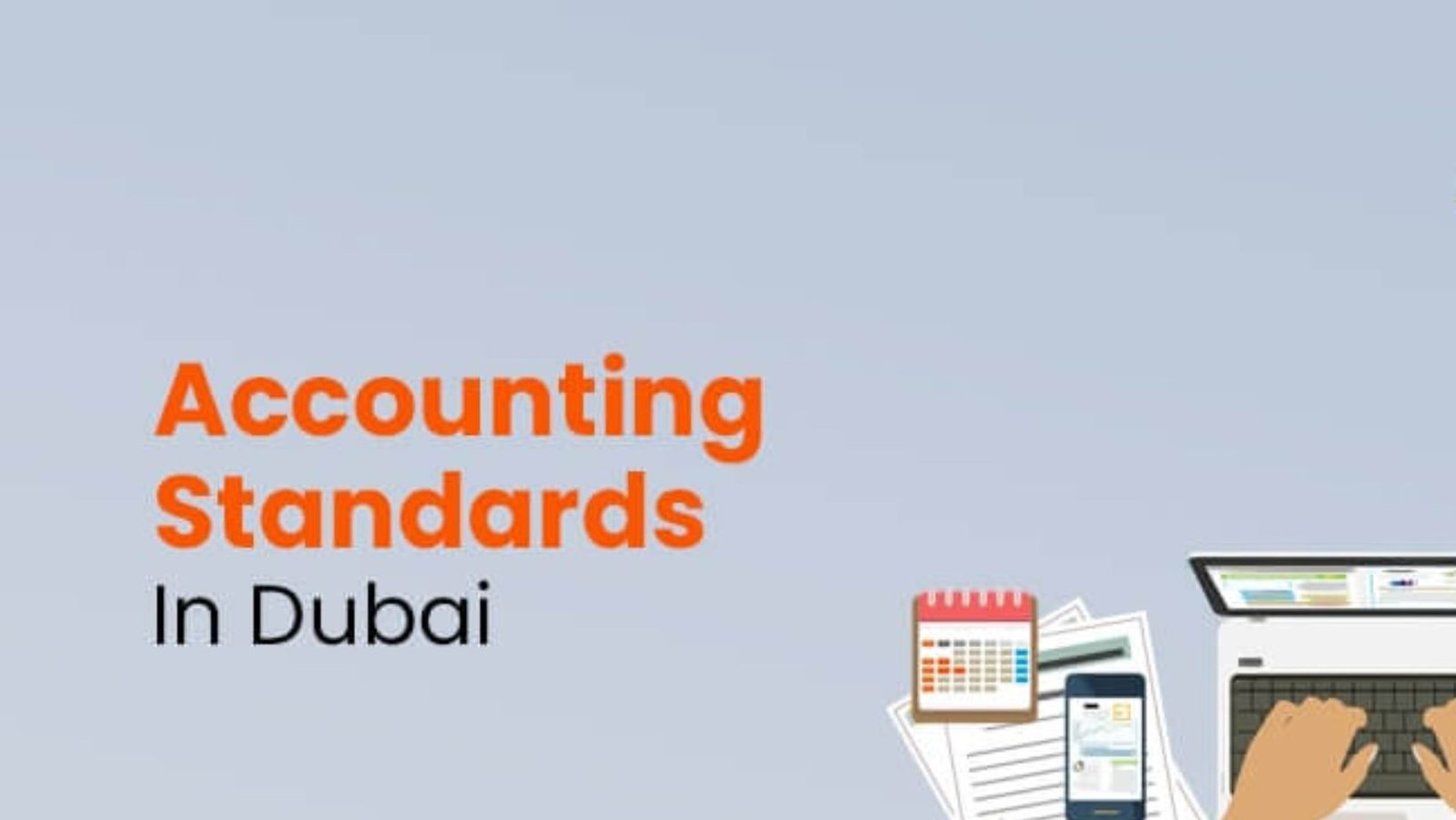What Accounting Standards Must Be Used to Prepare Financial Statements in the UAE?
The UAE is a top business destination, known for its growing economy and opportunities. If you own or manage a business here, you need to prepare your financial statements correctly. But what rules should you follow? This article explains everything you need to know about the accounting standards required in the UAE. It’s written in simple terms to make it easy for everyone to understand.
What Are Accounting Standards?
Accounting standards are the rules businesses use to create their financial statements. These rules make sure the numbers are accurate, fair, and easy to compare.
Why Are They Important?
- They give a clear picture of a company’s finances.
- They help investors, banks, and others make decisions.
- They make sure businesses follow fair practices.
Accounting Standards in the UAE
Which Standards Are Used?
The UAE uses International Financial Reporting Standards (IFRS). These are global rules that help businesses prepare their financial reports in a way that everyone can understand.
Main Features of IFRS
Fair and Clear Reporting
IFRS makes sure businesses show their financial position clearly.
- Four Key Financial Statements
Businesses following IFRS must prepare:- A balance sheet, which lists what the company owns (assets) and owes (liabilities).
- An income statement, which shows profits or losses.
- A cash flow statement, which tracks money coming in and out.
- A statement of changes in equity, which explains changes in shareholder investments.
- Transparency
IFRS requires businesses to share detailed information. This includes the methods used to prepare the numbers and any special decisions management made.
Who Needs to Follow IFRS?
Applicable Companies
Most companies in the UAE must follow IFRS, including:
- Public Companies: Companies listed on stock markets like Nasdaq Dubai.
- Large Private Companies: Big businesses with international clients or investors.
- Banks and Financial Institutions: Entities regulated by the UAE Central Bank.
Small Businesses
Small and medium enterprises (SMEs) may follow simpler standards. However, if they deal with international partners or investors, they might also need to follow IFRS.
Read More: Is It Worth Paying for a Financial Advisor in Dubai?
Steps to Prepare Financial Statements with IFRS
Keep Records Organized
Make sure all transactions are recorded properly. Using accounting software or hiring experts like Elite Auditing can help.
Follow the Framework
Use the IFRS conceptual framework as your guide. It explains how to:
- Record assets and liabilities.
- Measure profits and losses.
- Present financial reports clearly.
Prepare the Required Reports
For example, your balance sheet should include:
- Assets: Like cash, buildings, and equipment.
- Liabilities: Such as loans or unpaid bills.
- Equity: The money invested by owners or shareholders.
Add Necessary Details
IFRS requires extra notes in your financial statements. These notes explain:
- Accounting methods you used.
- Important decisions or changes in your business.
5. Audit Your Reports
Get an expert, like Elite Auditing, to check your reports. This ensures everything is correct and complies with the law.
Benefits of Using IFRS
- Clear Financial Information: Investors and stakeholders can trust your reports.
- Global Recognition: IFRS makes it easier to work with international partners.
- Better Decisions: With accurate data, management can make smarter business choices.
- Legal Compliance: Following IFRS helps you meet UAE regulations.
Tips for Businesses in Dubai
- Stay Updated: Keep track of IFRS updates.
- Train Staff: Ensure your team understands IFRS rules.
- Work with Experts: Firms like Elite Auditing can guide you.
- Use Technology: Choose accounting tools that follow IFRS standards.
- Plan Audits: Regular audits can catch and fix mistakes early.
Conclusion
In the UAE, businesses must prepare their financial statements using IFRS standards. These rules ensure transparency, accuracy, and compliance with local laws. Whether you’re running a small business or a large corporation, following IFRS helps you stay competitive and trustworthy.
If you need help, reach out to Elite Auditing. Our team provides expert guidance to keep your financial reporting compliant and reliable. By following the right standards, you can build trust and success in the UAE market.
FAQs About UAE Accounting Standards
Author






